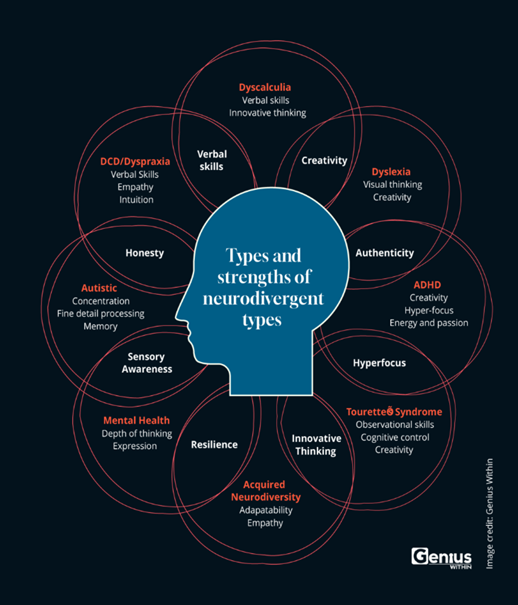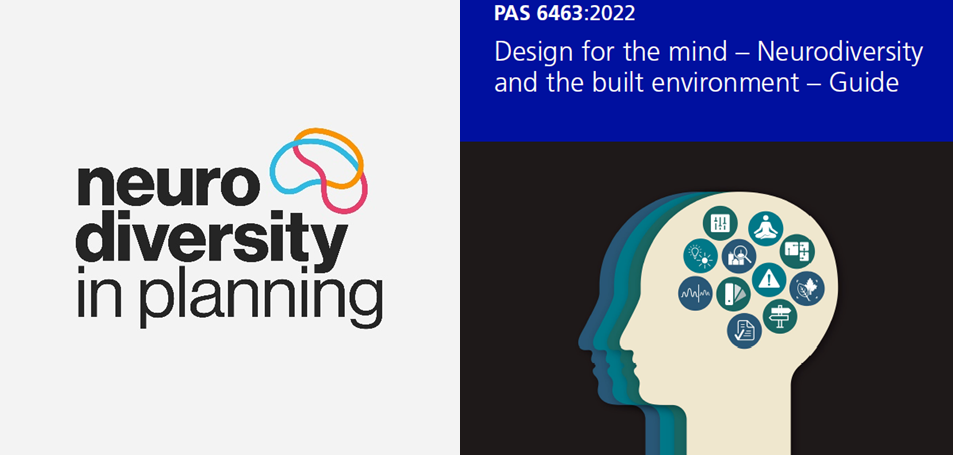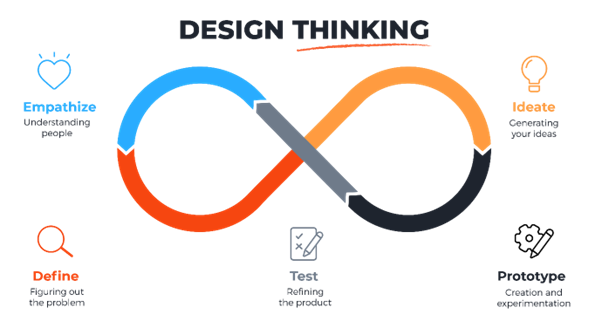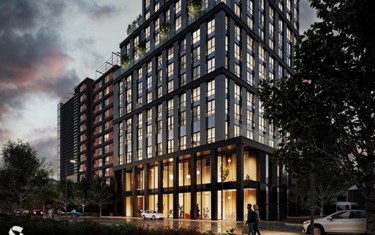 Matthew Harmsworth is a Principal Social Value and Town Planning Consultant at Arcadis and a member of the RTPI East of England Regional Management Board.
Matthew Harmsworth is a Principal Social Value and Town Planning Consultant at Arcadis and a member of the RTPI East of England Regional Management Board.
The last 2-3 years have been hugely significant on the subject of Neurodiversity (the diversity of all human minds, commonly associated with a range of conditions such as autism, dyslexia, dyspraxia, ADHD and dyscalculia) and the pace it has gathered during this time has been consistently increasing.
Neurodiversity in Business was launched in 2021, as was the Institute of Neurodiversity, each with the broad aim of helping embrace neurodiversity and helping people thrive and prosper. This translated through to UK parliamentary discussions where among others, Sadiq Khan expressed his support, recognising and supporting the strengths of neurodiverse people, as well as the improvements there need to be accessing employment, transport and education, interestingly noting the specific objectives on the subject that Transport for London (TfL) and the Inclusive Education Toolkit have.
Personally, I have seen this emerge within organisations I have worked for such as Stantec and Arcadis through the good work done by internal access and neurodiversity affinity groups who work to improve awareness, work practices and recruitment processes.
MyDisabilityJobs.com estimates that “around 15% to 20% of the population is considered to be neurodivergent”, hence one can easily see why this is such a pertinent issue that we will no doubt have further insight into as mental health and psychology related research delves further into the subject.

So what does all this mean for town planning?
Specifically from a planning perspective, the launch of PAS6463:2022 – Designing for the Mind in 2022 constitutes a marquee, user friendly document for how to design better for the needs of neurodiverse people, and why certain design features are important.
I personally spoke on the subject of Planning For All at the 2022 National Young Planner’s conference, have been part of the leadership of the Neurodiversity in Planning Network and its relaunch in 2023 through the new website. Commendably, an increasing amount of local plans embrace dementia and neurodiverse specific strategies and policies, and the growing emergence of social value policies being adopted in local plans will also only increase the mandate for added value relevant to neurodiversity to be demonstrated within development schemes.

The state of play therefore is that the mandate, policy frameworks, and wider knowledge base is there to plan for neurodiversity and help neurodiverse people bring out their strengths at work, and it is therefore incumbent upon us as planning professionals and related built environment disciplines to oversee and enable positive outcomes for all within the remit of town planning.
Whether working in the private or public sector; whether in a policy or development management role, all “planners can make a difference on this simply by helping people be heard, and having an awareness and passion for bringing out the strengths in people through development and how we treat others.”
Here’s five questions all planners should ask themselves:
- Have we covered and engaged with underrepresented groups, and do we know what their wants and needs are?
- Would this development approach cause any issues for neurodiverse people or bring out their strengths?
- Could we be more creative with developing a more inclusive approach while keeping costs down?
- What public benefits and added value are embedded within this scheme and how could these be reasonably increased?
- Does this development connect people with nature, the wider ecological network and embrace the senses to encourage familiarity and affection for the place?

Through quality engagement, the embracing of social value and a vision for the real world and branding long term benefits of going above and beyond minimum policy requirements and helping local people see this happening, there is a real opportunity to enhance the reputation of the planning profession and ride the wave of neurodiversity momentum to help people feel better valued and enabled to bring their strengths to the world.
This blog post is written by a guest author, and their opinions may differ from those of the RTPI.


